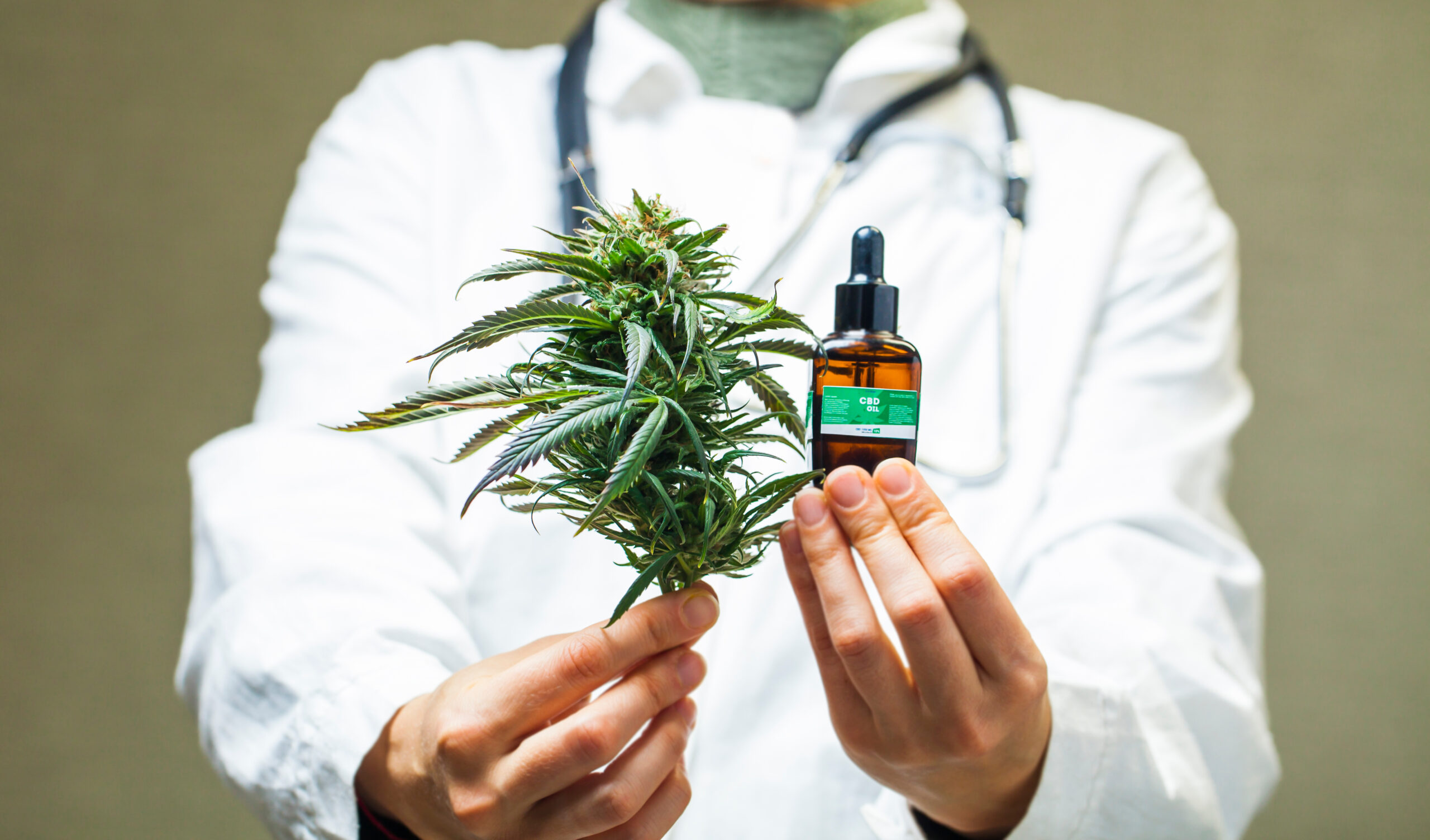Connect with us
Published
12 months agoon
By
Tyler Shultz
According to a new survey from researchers affiliated with Kaiser Permanente and the University of California, San Francisco, over one-third of Californians reported having used cannabis for therapeutic purposes within the last year.
A random sampling of pain patients enrolled with Kaiser Permanente found 35 percent of patients surveyed said they had used medical cannabis and nearly 99 percent of respondents said they used cannabis to treat pain-related symptoms.
Results of the study showed patients with chronic pain reported higher cannabis use within the past year compared to patients that didn’t have chronic pain. In adjusted models compared to patients without chronic pain, those with chronic pain had a 6.2 percent higher probability of past-year medical cannabis use and an 8.0 higher probability of past year pain-related cannabis use.
“Compared to patients without CP, patients with CP were more likely to use cannabis for reasons related to medical and pain symptoms in the past year. Use for past year mental health symptoms did not differ between these two groups. Cannabis use among patients with and without CP is common after legalization for non-medical use and understanding reasons for use is important to improve overall patient care,” concluded the study authors.
The survey results are consistent with previous research that has proven the efficacy of cannabis as a treatment for chronic pain. A study that evaluated more than 700 patients enrolled in the UK Medical Cannabis Registry found chronic pain patients who used cannabis for six months reported both decreases in their opioid consumption as well as increases in their quality of life.
“Additionally, patients prescribed oils or both types of cannabis-based medical products (CBMP) experienced reduced anxiety and an improvement in their ability to perform daily activities,” researchers continue. “Patients prescribed a combination of both CBMPs recorded improvements in their self-care and mobility abilities. Collectively, this evidence signals that [the] initiation of CBMP treatment is associated with improved [health-related quality of life],” the study found.
Another study found one quarter of adults with chronic pain are turning to medical cannabis to manage their pain, with half of the respondent who reported using cannabis to alleviate their pain saying it helped reduce their use of prescription opioids or over-the-counter pain medication.
Chronic pain was reported as the most commonly listed condition on medical cannabis license applications as enrollment in medical cannabis programs across the U.S. jumped by over four times between 2016 and 2020 as the country began to see expanded access to both medical and recreational cannabis. Increased enrollment was mainly in states with medical-only cannabis programs as enrollment in states that also allow recreational cannabis declined or stagnated. Post-traumatic stress disorder was the second most commonly reported qualifying condition.
A Canadian study also found cannabis was effective at treating patients suffering from cancer-related pain and could safely be incorporated into a patient’s cancer treatment regimen. Study subjects experienced significant decreases in pain within three months, with the patients maintaining their pain relief throughout the entire study. Participants who consumed cannabis flower with equal parts THC and CBD experienced the greatest amount of relief.
“We found MC [medical cannabis] to be a safe and effective treatment option to help with cancer pain relief. THC/CBD balanced products appear to perform better as compared with THC-dominant and CBD-dominant products. Furthermore, we observed consistent decreases in medication burden and opioid use in our patient population. Hence, our data suggest a role for MC as a safe and complementary treatment option in patients with cancer failing to reach adequate pain relief through conventional analgesics, such as opioids,” reported investigators.


Despite City Efforts, Hemp Shops Posing as Dispensaries Prevail in Las Vegas


Cannabis Community, Investors React to DEA Decision To Reschedule


Georgia Governor Signs Bill Establishing Licensing Requirements To Grow Hemp


Study: Psilocybin Enhances Meditation


Ohio GOP Lawmakers Debate Adult-Use MJ Priorities, Eye June for Regulation Approval


Taylor Swift Puts Narcotics Into All of Her Songs on ‘The Tortured Poets Department’
